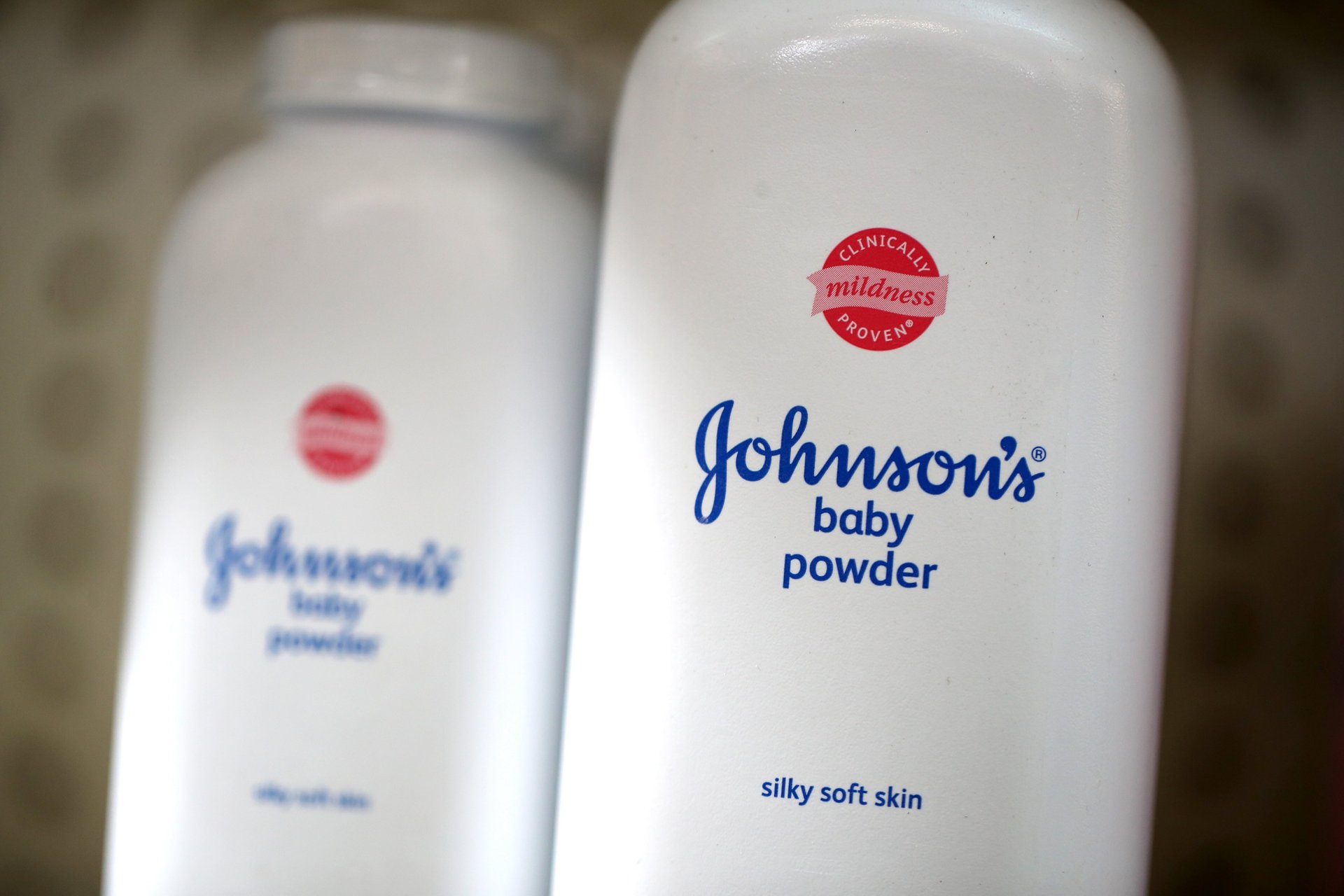A group of cancer victims couldn't block Johnson & Johnson's $6.5 billion talc-powder settlement
The victims had filed a motion to stop a settlement plan that they allege is fraudulent

A federal judge in New Jersey rejected on Friday a bid from a group of cancer victims to block Johnson & Johnson’s proposed $6.5 billion bankruptcy settlement plan of its talc cancer lawsuits.
Suggested Reading
The plaintiffs filed a motion earlier in June asking a New Jersey court to issue a temporary restraining order that would stop a Johnson & Johnson subsidiary to file for bankruptcy outside of the state. The motion was part of a class action lawsuit alleging that Johnson & Johnson was committing fraud by attempting to settle thousands of lawsuits via the bankruptcy of one of its subsidiaries.
Related Content
U.S. District Judge Michael Shipp said on Friday that he could not grant the motion because he did not have jurisdiction over over “events that have not, and may never, occur,” Reuters reported.
Johnson & Johnson announced in May that it plans to pay nearly $6.5 billion over 25 years to settle all pending and future U.S. lawsuits alleging that its baby powder and other talc-based products caused ovarian cancer.
This is the company’s third attempt to settle the lawsuits via a bankruptcy filing — in which claimants become creditors — of its subsidiary LTL Management.
Claimants now have until July 26 to vote to approve or reject the plan. The plan would need to get 75% of claimants to agree to it before a bankruptcy judge can approve it.
Johsnson & Johnson said that the ovarian lawsuits that would be settled with this plan account for 99.75% of all its pending talc lawsuits. The remaining personal injury cases are related to claims that the company’s talc products caused mesothelioma and will be resolved outside of this plan. The company said 95% of this cases have already been resolved.
State consumer protection lawsuits are not covered by this plan.
In June, Johnson & Johnson agreed to pay $700 million to settle a multistate case regarding the marketing of its baby powder products that contained talc and are believed to have harmed consumers.
Despite this, the company still maintains that the talc does not cause cancer and that the claims have no merit.